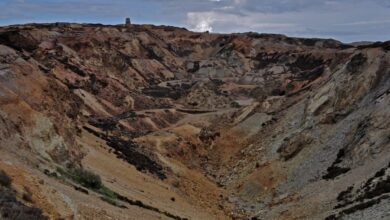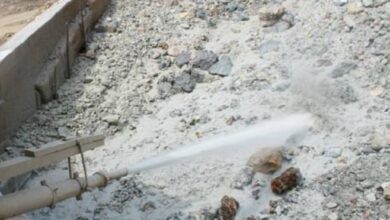Tanzania to ban unrefined exports of lithium

Tanzania has announced plans to ban raw lithium by next year. The move is aimed at increasing the value of its lithium resources and promoting domestic processing.
The ban which is set to be effective from May aligns with a trend in several African countries, including Zimbabwe, Namibia, and Ghana, where authorities are seeking to require domestic refining of minerals. The move will see lithium stakeholders establish refining plants within Tanzania to increase the value of the minerals by at least 5% before granting export licenses. This approach is intended to boost revenue, create jobs, and encourage local industry development.
Lithium potential
The move also has the potential to empower small-scale miners in Tanzania by allowing them to benefit from the resale profits through intermediaries like StraMin, which aggregates output from small and medium-sized miners and makes it more attractive to international buyers and investors.
Lithium is a critical mineral in the clean energy transition and is used in the production of lithium-ion batteries for electric vehicles and other emerging technologies. With the global shift toward electric vehicles and renewable energy, the demand for lithium is expected to rise, making it strategically important for countries with significant lithium reserves to maximize the value of their resources.
Foreign companies like Titan Lithium Inc, Liontown Resources, and Cassius Mining Ltd have made significant lithium discoveries in Tanzania, highlighting the country’s potential as a key player in the lithium market. By encouraging domestic refining and value addition, Tanzania aims to benefit from this growing demand for lithium in the clean energy sector.






